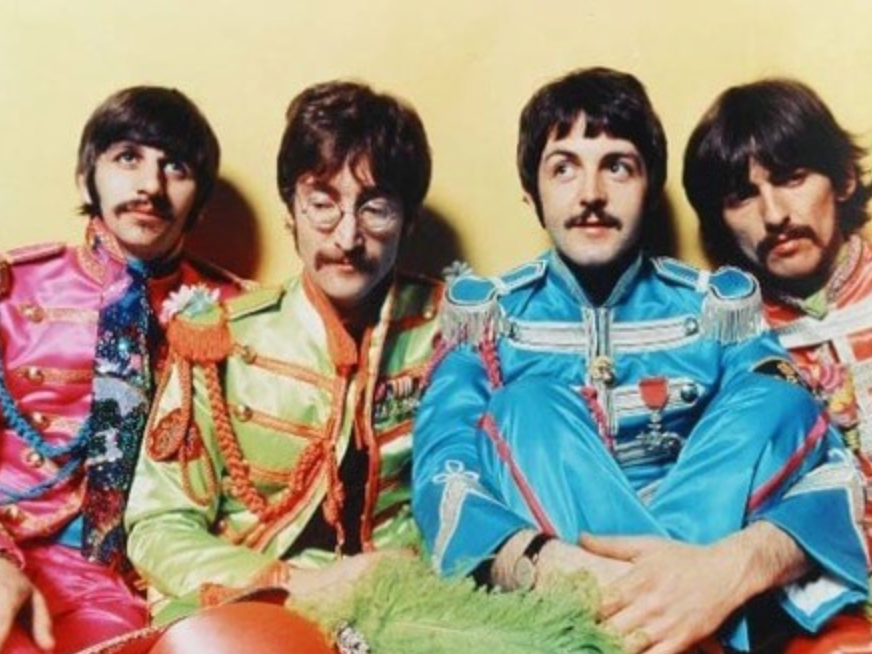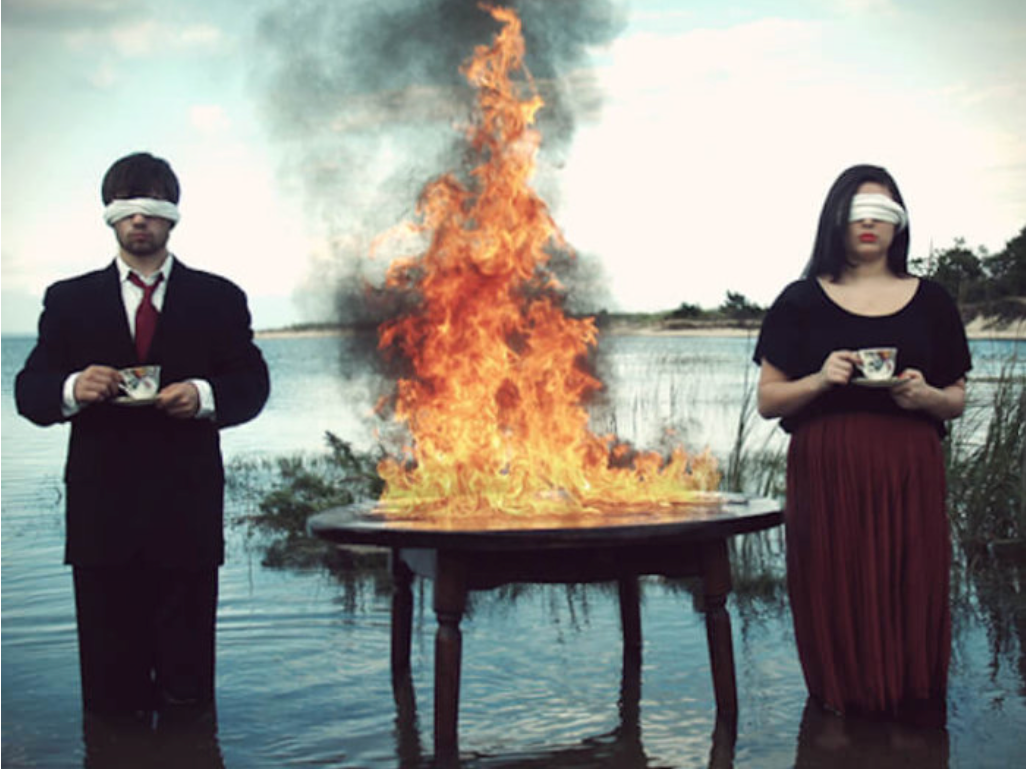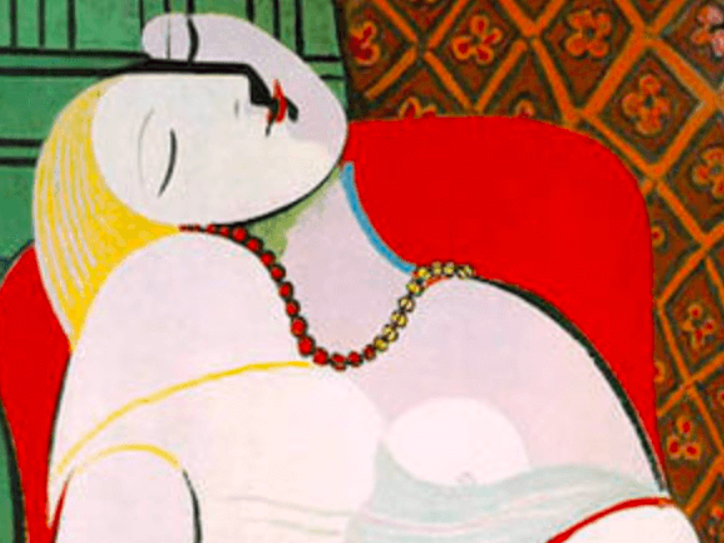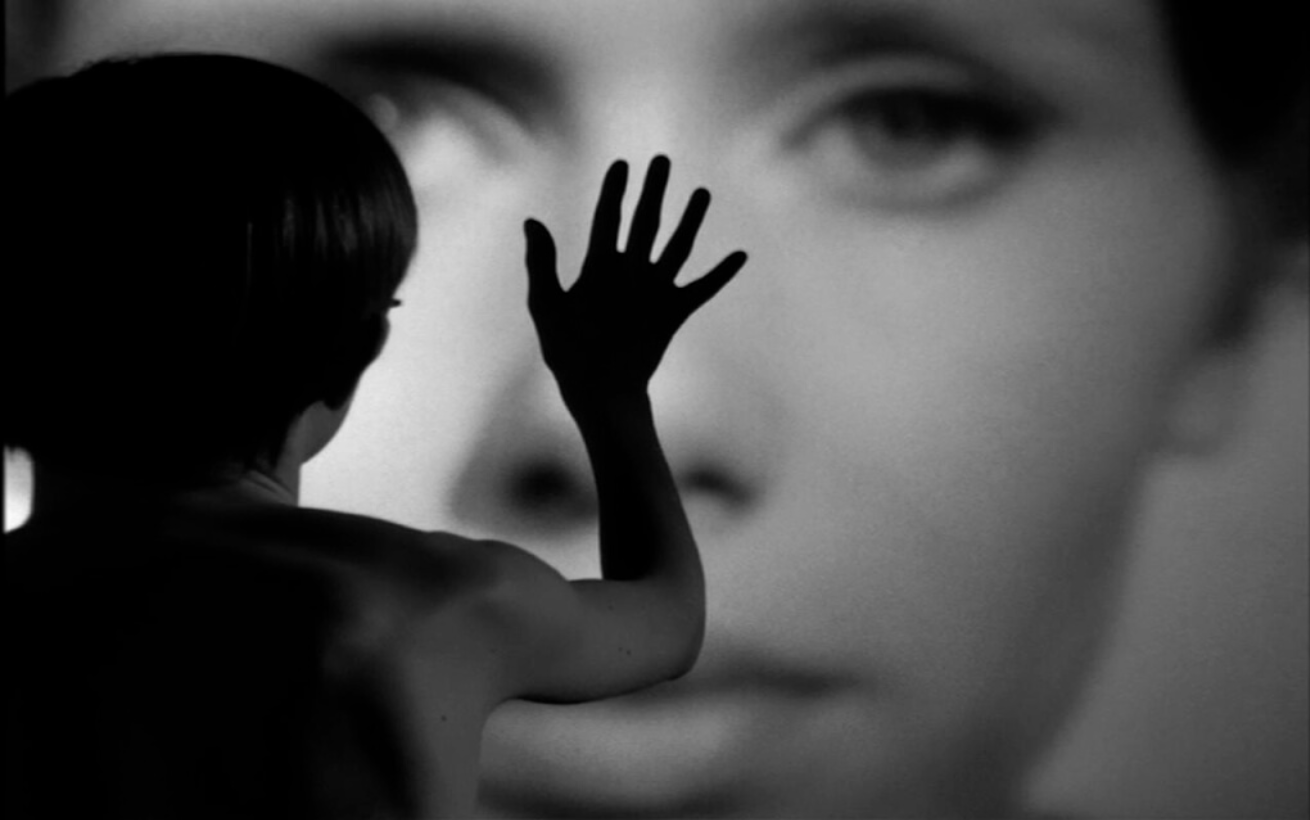
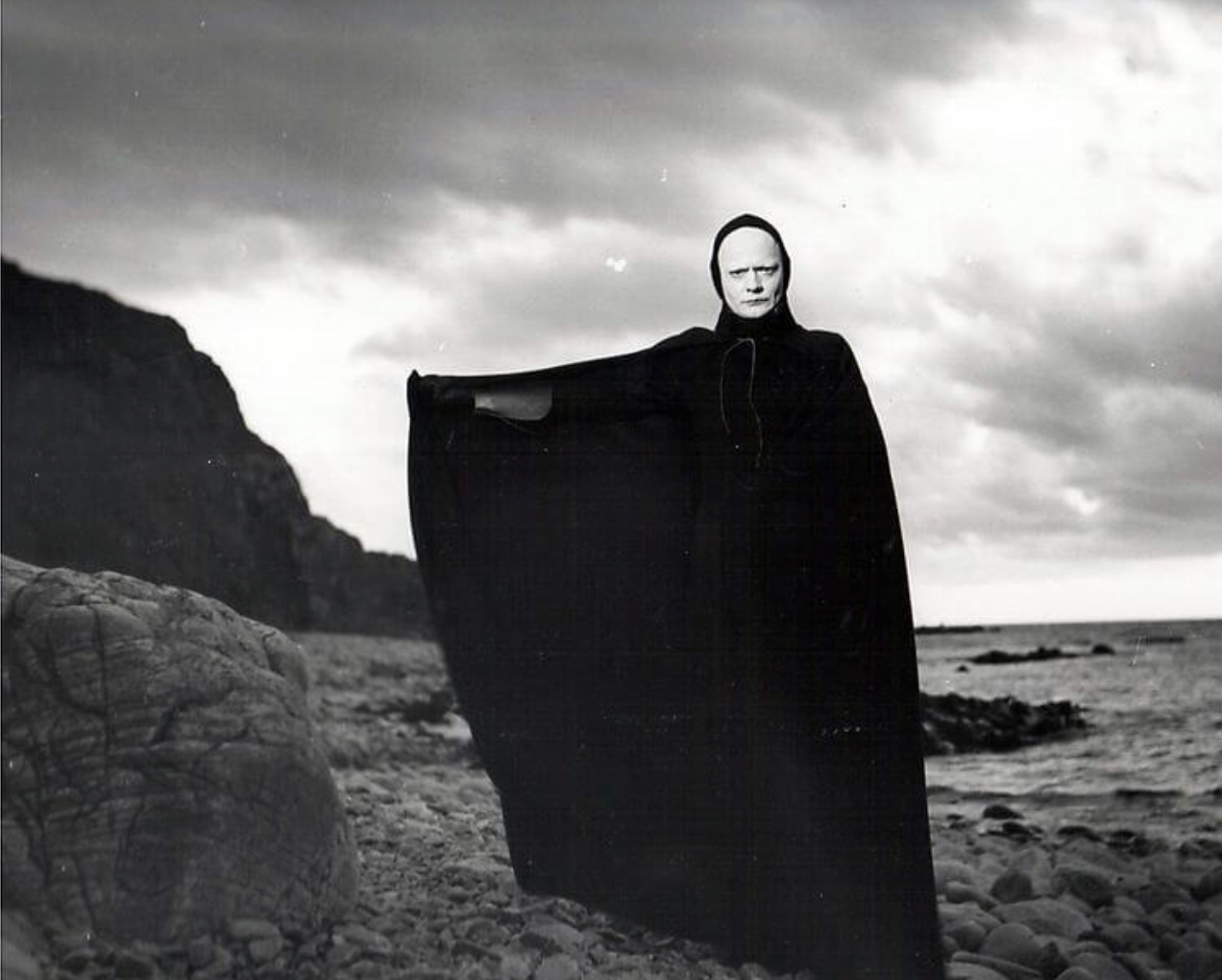
What do Twilight, Avatar and Frankenstein have in common? They were all inspired by dreams. In "The Musicians," famous musicians described dreams that inspired their creativity and success. In this blog you can discover how dreams have inspired acclaimed authors and filmmakers.
Every night each of us is the author, director and star of our very own cinema of the night. Renowned filmmakers Ingmar Bergman and Akira Kurosawa are well known to have been inspired by their dreams and this is evident in their rich bodies of work in the cinema. At least a dozen of Bergman's unforgettable films are considered masterpieces: The Seventh Seal, Persona, Cries and Whispers, Through a Glass Darkly, Fanny and Alexander and many others. Bergman said this about dreams and the cinema:
"Sometimes when I’m dreaming I think 'I’ll remember this. I’ll make a film of it...' Everything can happen…everything is possible and probable. Time and space do not exist.”
No other art medium, neither painting or poetry, can communicate the specific quality of the dream as well as the film can. In a dream, time and space no longer exist and cinema is uniquely equipped to alter viewers' perception of those properties. The brief video “Bergman’s Dreams” by M. Koresky and C. Moore discusses the influence of dreams on the work of Ingmar Bergman: https://youtu.be/JFQtlSvdWxQ?si=p34EGXkSbzxWbj-8
Other famous film directors who followed Bergman have admitted their highly successful work is also inspired by dreams. Director James Cameron says he wrote Avatar based on a dream he had about giant, glowing plants. Director Richard Linklater used his dreams as inspiration for some of his greatest films, including the animated film Waking Life that explores the experience of dreaming. Inception, the brilliant psychological thriller focused on the power of dreams, was inspired by director Christopher Nolan's own lucid dreams. Check out this scene when Cobb first introduces Ariadne to the potential of the dreaming mind.
"Perhaps in dreams everyone is a novelist.”
Stephen King
Some of our favorite authors also consider their dreams to be their muse. Best selling author Stephen King has shared that his work is inspired by his dreams:
"I've always used dreams the way you'd use mirrors to look at something you couldn't see head-on, the way that you use a mirror to look at your hair in the back. To me that's what dreams are supposed to do. I think that dreams are a way that people's minds illustrate the nature of their problems. Or maybe even illustrate the answers to their problems in symbolic language.” From Stephen King, “Writers Dreaming.”
In 1999 King was unfortunately hit by a minivan. While he was recovering, the prolific horror writer began having vivid dreams. Those dreams formed the basis of the 2001 novel turned film Dream Catcher. King has described his inspiration for another smash hit Misery: "Like the ideas for some of my other novels, that came to me in a dream. I fell asleep on the plane and dreamt about a woman who held a writer prisoner and killed him, skinned him, fed the remains to her pig and bound his novel in human skin. His skin, the writer's skin. I said to myself, 'I have to write this story.' Of course, the plot changed quite a bit in the telling."
Another time King says, "I got road-blocked in my novel 'IT.' I had a dream about leeches inside discarded refrigerators. I woke up and thought, 'That is where this is supposed to go.'"
“Dreams are just another part of life," says King. "To me, it's just like seeing something on the street you can use in your fiction. You take it and plug it right in. Writers are scavengers by nature."
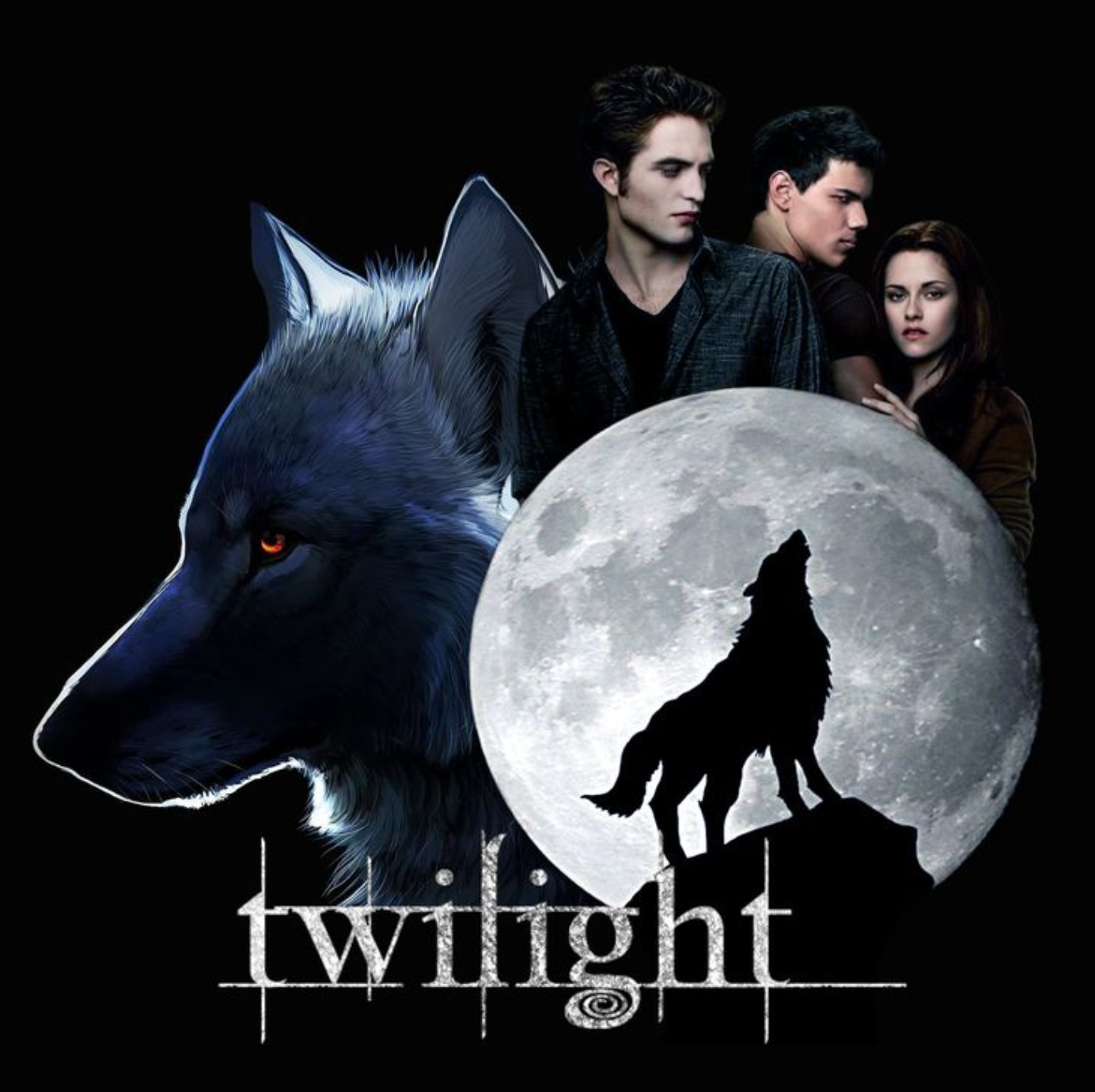
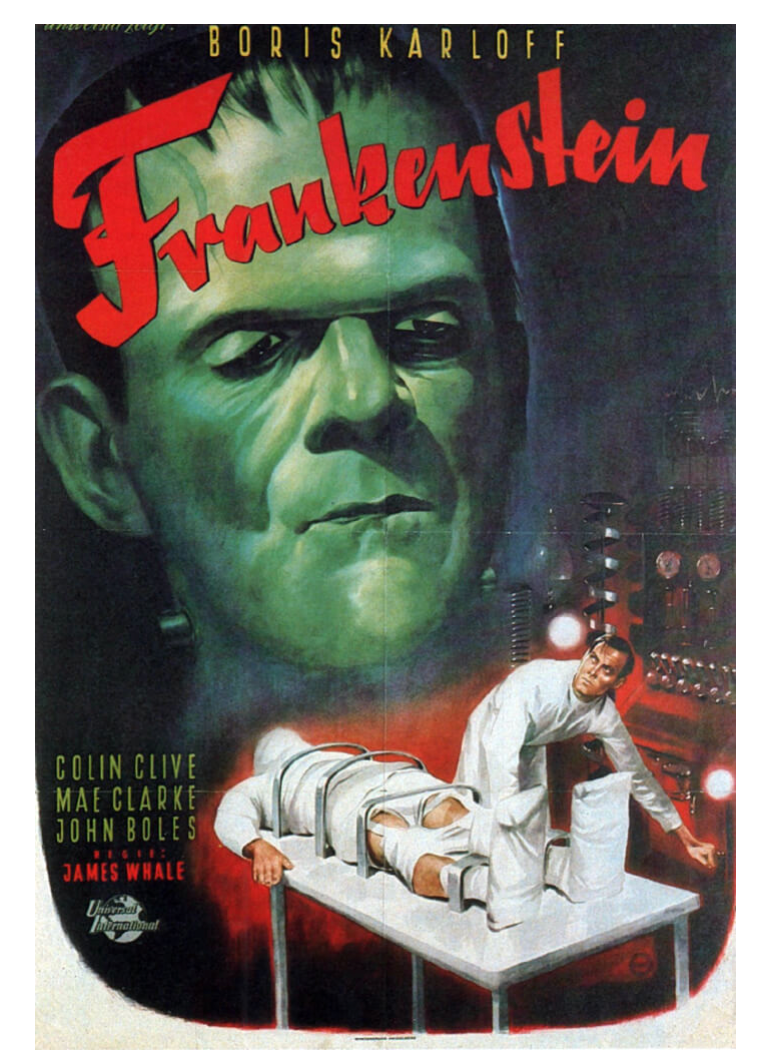
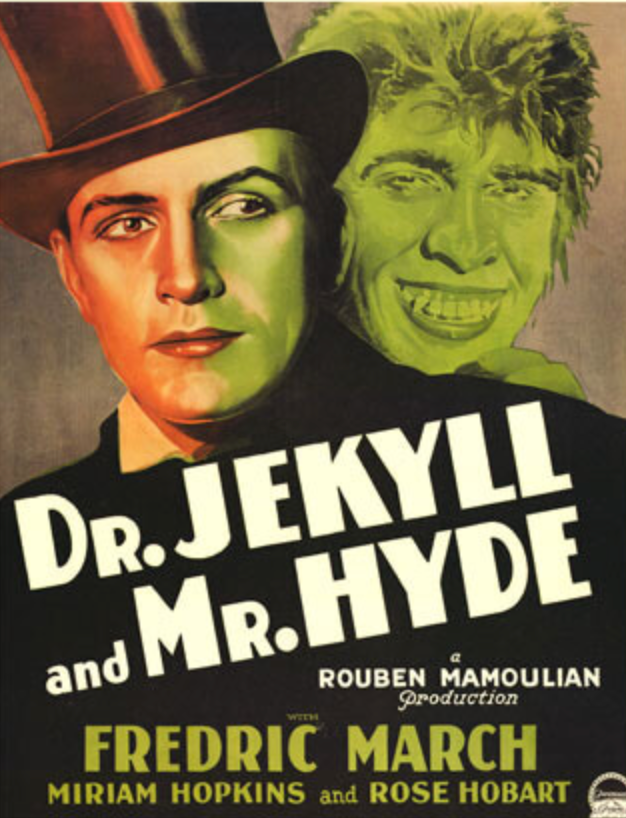
Stephenie Meyer, author of Twilight, might agree with King. A dream ignited her idea for the series Twilight: "I woke up from a very vivid dream. In my dream, two people were having an intense conversation in a meadow in the woods. One of these people was just your average girl. The other person was fantastically beautiful, sparkly, and a vampire. They were discussing the difficulties inherent in the facts that A) they were falling in love with each other while B) the vampire was particularly attracted to the scent of her blood, and was having a difficult time restraining himself from killing her."
Stephenie continues with the story of Twilight: "Alhough I had a million things to do, I stayed in bed thinking about the dream. I didn't want to lose the dream so I typed out as much as I could remember."
Almost two hundred years earlier, it was a nightmare that inspired Mary Shelley’s Frankenstein. In the summer of 1816, nineteen-year-old Mary Wollstonecraft Godwin and her lover, the poet Percy Shelley, visited the poet Lord Byron. Every evening Lord Byron's guests entertained each other by reading ghost stories. One night, Byron challenged his guests to each author their own ghost story.
That evening Frankenstein appeared in Mary's dream. She described the experience: “The idea so possessed my mind, that a thrill of fear ran through me, and I wished to exchange the ghastly image of my fancy for the realities around...I could not so easily get rid of my hideous phantom; still it haunted me. Swift as light and as cheering was the idea that broke upon me. 'I have found it! What terrified me will terrify others; and I need only describe the spectre which had haunted me on my midnight pillow."
Like Shelley's Frankenstein, a nightmare inspired Robert Louis Stevenson's literary masterpiece Dr. Jekyll and Mr. Hyde. The classic author was actually a devotee of dreams. Early in his life, Stevenson trained himself to remember dreams and to dream complete stories. He used dream incubation to inspire plots for his groundbreaking books and to return to the same dreams on succeeding nights to give those stories different endings.
"Dreams unfold in that small theater in the brain which we keep brightly lighted all night long."
Robert Louis Stevenson
Dream Discovery™ All Rights Reserved
